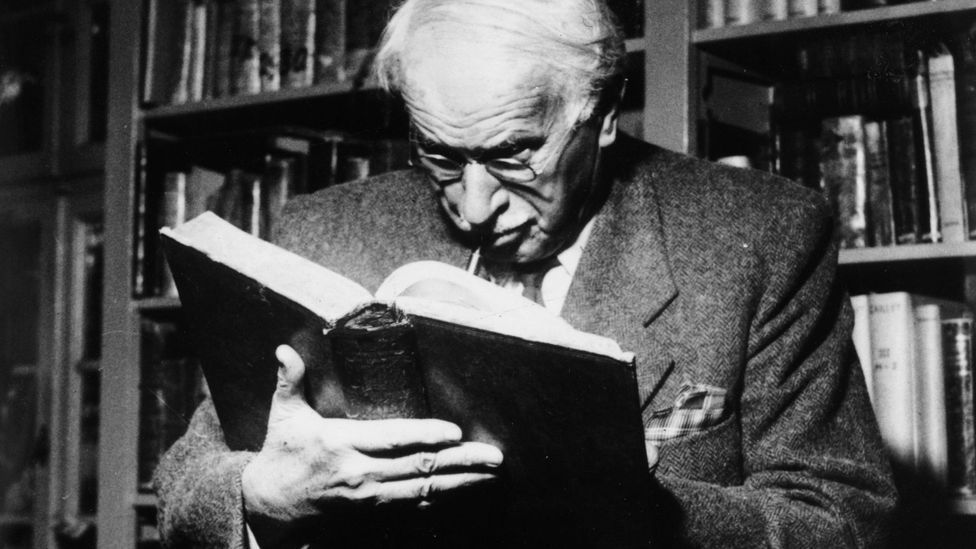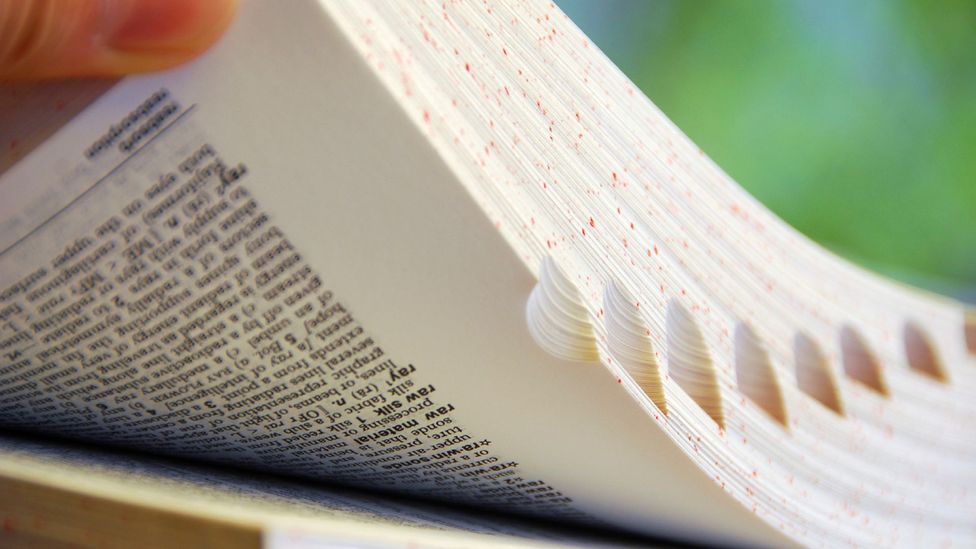What Is the Word for Forgetting Things
Lethologica: When a word's on the tip of your tongue

The act of having a word on the tip of your tongue can be frustrating, but can also say a lot about how memory works.
H
Have you ever tried to unsuccessfully retrieve a word from the tip of your tongue?
Most of us have experienced it – the usually simple process of verbalising a turn of phrase is somehow thwarted by an annoying mental block. When this happens, often we turn to a glossary of alternatives to fill the temporary void. Doodad, thingamabob, thingamajig, whatsit – you've probably used one before, or made up your own version on the spot, to stall for time as you try to fill the void.
The sheer number of these fill-ins highlights a human proclivity for forgetting the names of things and people, and also highlights the frequency of those 'on the tip of my tongue' experiences. Lethologica is the technical term for this type of forgetting.
Like many other English terms associated with the mind, lethologica is a modern word derived from classical Greek. In this case, the Greek words are lethe (forgetfulness) and logos (word). In Greek mythology, Lethe was also one of the five rivers of the underworld where the souls of the dead drank to forget all earthly memories.

The coinage of lethologica is popularly attributed to psychologist Carl Jung (Credit: Getty Images)
The coinage of this term is popularly attributed to psychologist Carl Jung in the early 20th Century, but the earliest clear record is in the 1915 edition of Dorland's American Illustrated Medical Dictionary, where lethologica is defined as the 'inability to remember the proper word'.
Whatever the precise origin of the coinage, the importance of memory and forgetting in Jung's studies of the unconscious, and in Greek mythology, is echoed in our modern understanding of how memory works in the brain.
As many of us will intuitively understand, the brain does not function like a computer, where data is neatly stored away and retrieved at the press of a button. As psychologist Tom Stafford points out, "our memories are amazing, but they respond to how many associations we make with new information, not with how badly we want to remember it".
Recalling every word in our vocabulary can be tough. For instance, the Oxford English Dictionary contains some 600,000 words, and even these do not represent the totality of the English vocabulary. The active vocabulary used by an adult in speech and writing is much less than this, but according to David Crystal it often exceeds 50,000 words.*
There will, of course, be many more words that a person understands but does not use in everyday speech and writing. Words from this passive vocabulary form a large subset of the words experienced in lethologica.

Our vocabularies often exceed 50,000 words - but those words we rarely use are more easily forgotten (Credit: iStock)
The words we rarely use, including proper names, are the ones we often forget. Because our minds are associative and are built out of patterns of interconnected information, how well we can recall a word may depend on these patterns or links to other important bits of information.
And so, the many thousands of words stored in our brains that we rarely use may be harder to recall at short notice, because we have not yet formed the necessary links to other important bits of information that make memories easily retrievable.
Lethologica is both the forgetting of a word and the trace of that word we know is somewhere in our memory. Perhaps it is necessary for us to drink from the river Lethe to help us temporarily forget the trivial and unnecessary, so we can prioritise the information that is important to our lives.
*If you want to investigate the size of your own vocabulary (active and passive), David Crystal's invaluable The English Language (2nd ed, Penguin 2002) describes a method you can use.
--
Join 500,000+ Future fans by liking us on Facebook , or follow us on Twitter , Google+ , LinkedIn and Instagram .
If you liked this story, sign up for the weekly bbc.com features newsletter , called "If You Only Read 6 Things This Week". A handpicked selection of stories from BBC Future, Earth, Culture, Capital, Travel and Autos, delivered to your inbox every Friday.
What Is the Word for Forgetting Things
Source: https://www.bbc.com/future/article/20160202-lethologica-when-a-words-on-the-tip-of-your-tongue